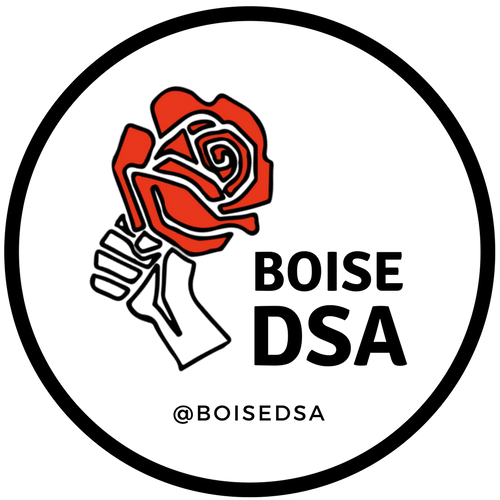“I have to fight for my right to live and exist”: A survey on transness in Idaho
In late March and early April, governor Brad Little signed into law three bills, all of which directly legislate and dictate the ways that transgender Idahoans are able to live their lives.
H.B. 421 redefines ‘men’ and ‘women’ as biological facts, that men are those who produce or should be able to produce sperm, that women are those who produce or should be able to produce eggs, and that any intersex person also fits into one of those categories as assigned by their doctors, regardless of the chromosomes that person has. It also equates gender with sex, defining them as one and the same, a definition that goes completely against the current scientific consensus.
H.B. 538 allows the discrimination of trans individuals by not compelling governmental (including teachers in public schools) workers to use pronouns or language that contradicts someone’s assigned gender at birth.
H.B. 668 stops gender affirming care, which is life saving in some cases, from being covered by Medicaid. Saga Christian, a trans woman from Caldwell, told the Idaho Capital Sun that had she not started utilizing gender affirming care, she would’ve been found “as a suicide statistic.”
As well as those recently passed into law, H.B. 71 was passed in April of last year bans care, medication, and surgery for transgender youth. Despite an ongoing suit in the Supreme Court against the state of Idaho, this law was allowed by the Court to go into effect.
The question then is how does this affect the trans community and individuals of Idaho? To answer this I conducted an anonymous survey to gauge not only how legislation would hurt trans individuals, but also the experiences in general of living in Idaho. Idaho is consistently rated by the ACLU and other sources as a high-risk state to live in for transgender adults, and actively dangerous to live in for transgender youth.
The survey respondents were in total thirteen people, ranging in location from Boise and Nampa to Pocatello and Cottonwood. Those who filled out the survey listed their gender identities as trans women, men, agender, nonbinary, and “none”.
It must be stated that this survey was only able to cover gender identity as a metric. Race and class are both incredibly impactful with how someone is treated in the United States, and one cannot separate aspects of class when talking about gender just as one cannot separate aspects of class when talking about race.
All participants rated on a five point scale the danger of living as a trans person in this state, with five being the safest. Most respondents rated Idaho a three, citing fears like not knowing if spaces “are actually safe or not”, facing harassment if they are not viewed as cis-passing, and that the state itself is “trying to systematically destroy us.”
When asked about their political orientations, all participants were decidedly left with their politics. Political ideologies ranged from “Marxist”, “anarchist” and “communist” to “Green Party”, “leftist” and “democratic socialist”.
The idea of being trans also cannot be removed from politics, as one participant stated, “being trans itself is a radical act.” And it is - transness is first and foremost a recognition that the system we are born into is not only imperfect but systemically flawed. American culture at large and capitalism specifically is a system of rigid binaries and biological essentialism that demands to be perpetuated and have those binaries placed onto all people at birth. Being trans then is the rejection of that system entirely. Transness lies within the framework that, to make the world better, to make your body better, is to destroy the notions that we come to accept as normal and unable to be changed.
Other answers included that “I have to be leftist to fight for my right to be alive”, that “it’s easy to recognize that me and my politics have to be interconnected” and that leftism is “more than performative politics. It’s about taking action.”
The legislation that was recently passed then would impact not only trans people in Idaho, but all vulnerable communities susceptible to discrimination and hate. This legislation makes it so that it’s harder for those communities to get “access to care that I have desperately wanted my entire life [...] a bill like H.B. 668 makes that dream feel like I may never grasp it”, to make it “harder to work, live, and reside in Idaho” and to be “forced back into the closet.” This legislation not only allows for discrimination, but signs it into law, making underrepresented people and groups that much less represented, signing away not only their rights but their personhood as well.
There are spaces, though imperfect, spaces for trans people to come together in community and fight for a world that takes care of them. Places like “leftist organizations such as the YDSA [Young Democratic Socialists of America] and DSA [Democratic Socialists of America]”, “DIY music scenes” and online spaces.
This survey shows that the problems of trans people in this country, the unique hardships they face, are consistently under attack by those in power. For a liberated working class, there must also be a liberation of all unique sectors of it. And the liberation of trans people begins in community organizations like the Boise DSA and YDSA at Boise State.
It is vital that an ideological throughline for liberation be found within the community, and to stand forever with all those oppressed by the parasitic capitalist class to work and fight together for a world worth living in.

